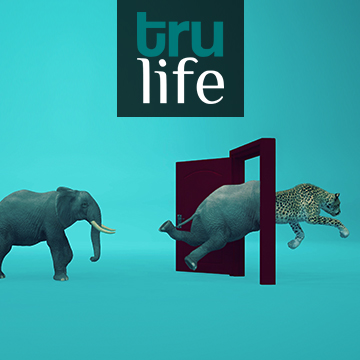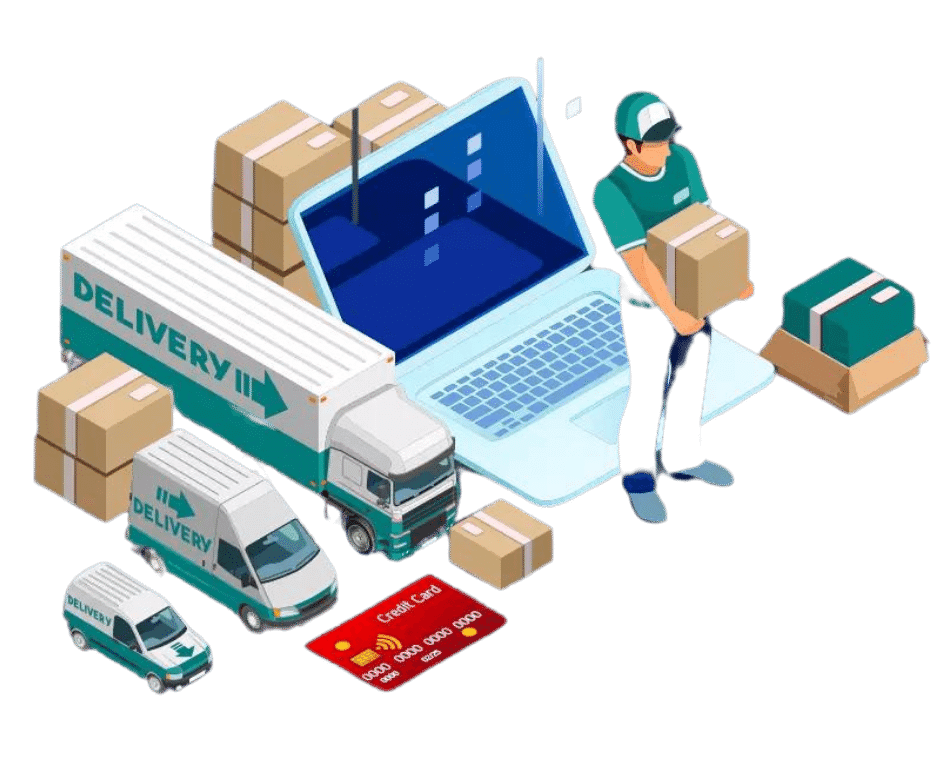At TruLife Distribution, we’re big on the idea of staying flexible. If you aren’t flexible, it’s hard to be successful.
This is a mantra that’s always been true in business. However, there’s never been a time when flexibility has been more essential than in the present economic climate.
The State of Change in the Business World
Change is everywhere. It has become a constant that is so predictable, most professionals embrace change without even thinking about it. With that said, let’s consider a few areas where change has been particularly aggressive as we make our way into the 2020s and beyond.
- Change from technology: Tech has been leading the charge on change for decades now. Its fast-paced evolution is constantly leaving businesses shifting as they try to keep up, and the tech trend is just getting started.
- Change from the pandemic: The pandemic ushered in a degree of challenge and disruption not seen in a century. From shut-downs to worker shortages to stimulus packages, there’s no end to the number of changes the crisis created.
- Change from supply chains: Supply chain disruption is intimately connected to the pandemic, but not exclusively. The invasion of Ukraine by Russia immediately had an effect as well, and the potential of a shift toward a wartime economy could keep that effect going for years.
- Change from governmental policies: Governmental policies have always created change in the business world. While this is nothing new, it continues to be a factor that businesses must be ready to adjust to at all times.
- Change from informed consumers: The internet has helped consumers become more informed than ever. Consumers equipped with intimate knowledge has led to an era defined by consumer sentiment and opinions.
These are just a few of the ways that change has been impacting business. Some are old friends and others are brand new. Together, they serve to reinforce one of the most important tenets of business: you should always stay flexible.
Staying Flexible in Business
If a business wants to survive over time, it must learn to see ongoing changes, like those listed above, as something to embrace. A company that stubbornly maintains its own standards and status quo will quickly be left behind.
We’ve talked in the past about the need to adapt and evolve with the times. In fact, that’s a huge part of why we have a holistic perspective of marketing and retail. If you’re a traditional retailer, don’t be hostile toward e-commerce. Add it to your toolbelt. The same principle goes the other way as well.
While this example of adapting to new things is important, though, there’s an additional level of flexibility that business owners need to maintain, as well. Adapting involves adjusting to a change in your environment. If a new technology comes out that revolutionizes your industry, you need to see how you can adapt your company to take advantage of it.
Flexibility, on the other hand, is more about a mindset. It can take place on a macro level, such as adapting to new technology. It can also happen on a micro level, like adjusting how you run your daily meetings.
While adaptability is important, the need to stay flexible at all times shouldn’t be overlooked or casually lumped in with adaptation. Flexibility requires a continual willingness to adjust your activities and your mindset in order to get the most out of every scenario.
This willingness to stay flexible is essential. It plays a critical role when we work to place new clients with online and brick-and-mortar retailers. Business owners should be able to adjust expectations on the fly. They should overcome problems calmly with whatever resources are available. They should seize opportunities even if they aren’t quite what someone was looking for.
If you can stay flexible, it won’t just serve you well. It can be the differentiating factor that allows you to survive and thrive in a world economy that is getting very used to a steady pace of change at all times.








